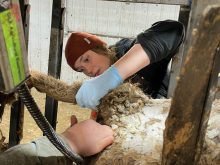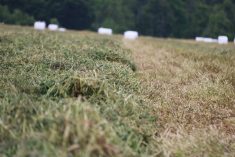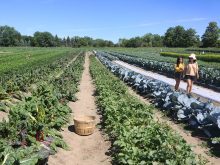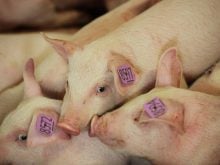Ducks Unlimited Canada has sounded the alarm regarding adverse effects on conservation if the beef industry suffers an economic downturn due to COVID-19.
Karla Guyn, chief executive officer of Ducks Unlimited Canada, said some of the country’s most important habitats are those managed by ranchers. If a large number go out of business, as occurred during the BSE crisis, there could be a drastic reduction in grasslands and wetlands as property is converted to farming.
“We count them among our most important environmental stewards,” Guyn said about ranchers.
Read Also
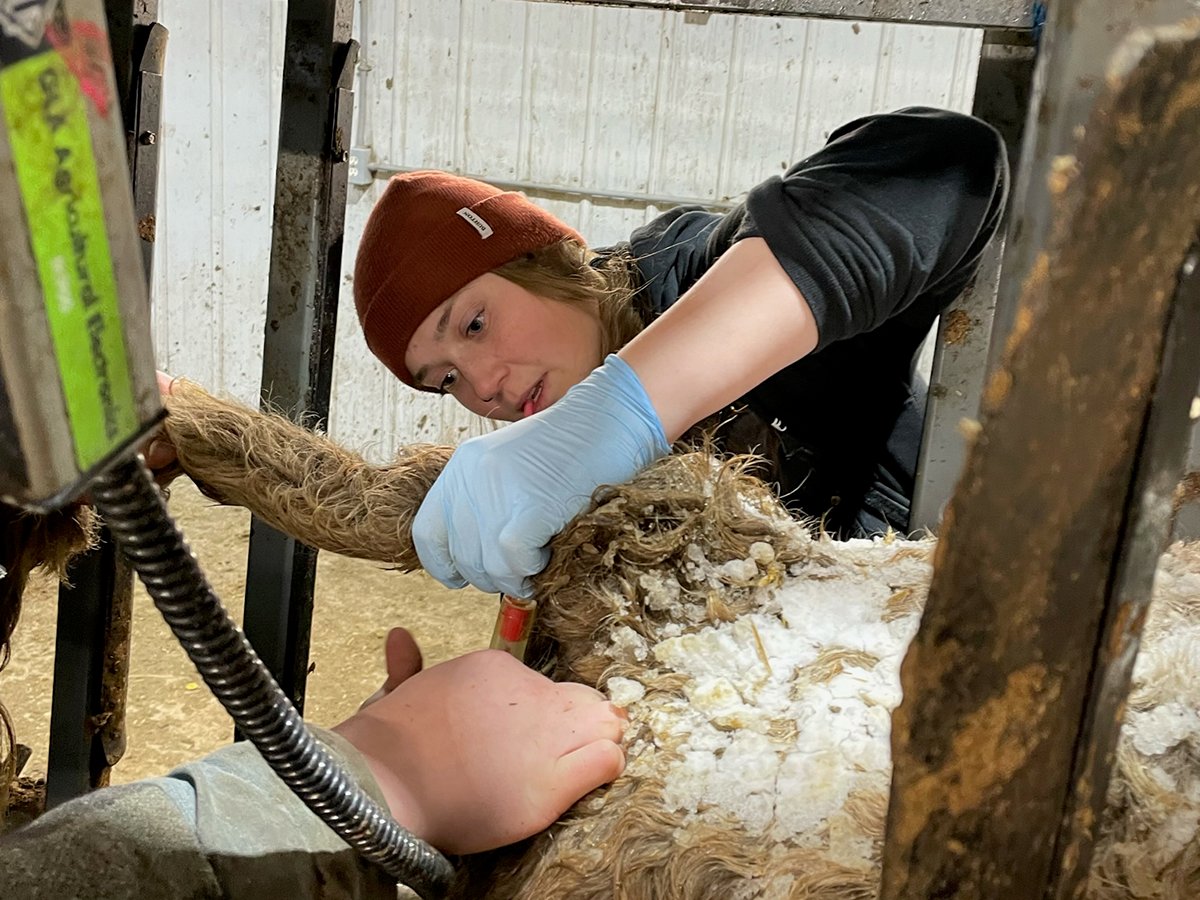
Pen riders better than tech at detecting respiratory disease in feedlot cattle, says researcher
Katrina Garneau’s recent research found that pen riders are better than technology at flagging signs of BRD in feedlot cattle.
“So as we witness the debilitating effect this pandemic is having on them, we’re concerned. Simply put, the actions that impact cattle grasslands, wetlands and wildlife all go hand in hand. And without a successful beef industry, conservation in Canada will not continue at the rate or the scale at which it is so desperately needed.”
Guyn said DU joined with Nature Conservancy Canada and Birds Canada in writing a letter of concern to the federal government last month about the impacts of COVID-19 on ranchers and the related threat to grasslands and ecosystems.
During the BSE crisis in 2003 and subsequent years, Canada lost about 27,000 ranching operations and with them about five million acres of grassland, said Guyn.
“Looking back to the BSE crisis, we never expected how quickly hard economic times for beef producers would transcend into habitat loss.
“History has shown that the potential of an economic fallout within the beef industry is a risk that we simply cannot afford to take.”
She also noted last year’s study results indicating Canada has lost about 720 million grassland birds since 1970, in part because of habitat loss. Protecting those remaining, and potentially increasing numbers, will depend in large part on the continuation of ranching and the stewardship it provides for grazing landscapes.
“If we are to be successful in bringing back our birds and protecting our precious habitats, we need to find ways of making conservation work for working landscapes,” she said.
“This means recognizing the individual financial realities farmers and ranchers face and understanding that producers must be able to compete economically on the landscape in order to help preserve it.”
Bob Lowe, president of the Canadian Cattlemen’s Association, said the pandemic has brought many different factions to the table in support of agriculture and the beef industry.
“We need the government to understand the importance of agriculture and the importance of the beef industry. The science is all there,” he said, noting a current initiative by the Canadian Federation of Agriculture is designed to make the general public more aware of issues facing agriculture and, by extension, also better inform the federal government.
Guyn echoed the need for greater federal government recognition of the issues.
“They need the cattle industry there, whether they know it or not, in order to actually achieve some of the federal government’s key objectives,” she said, including climate change mitigation and protection of species at risk.




